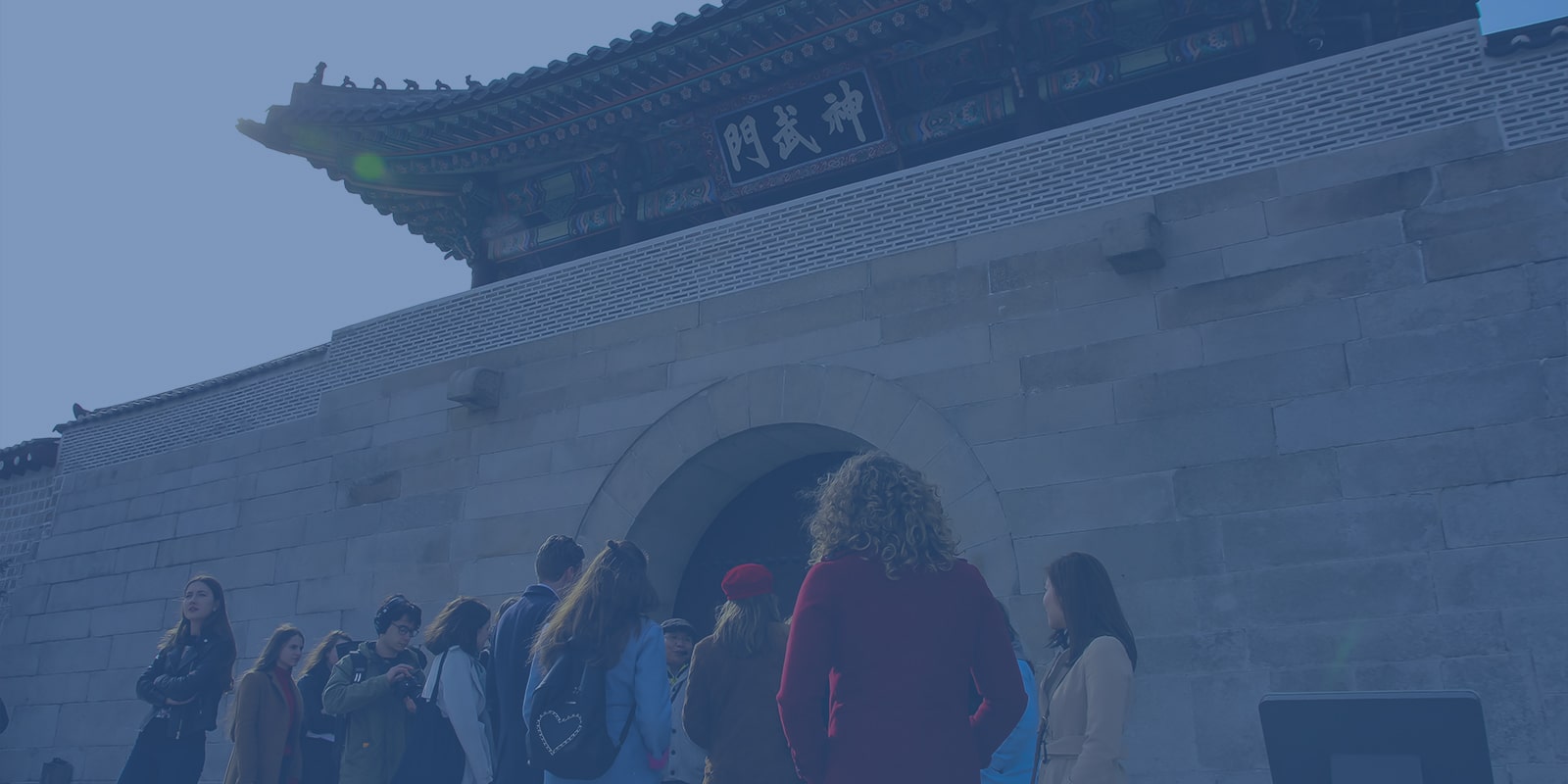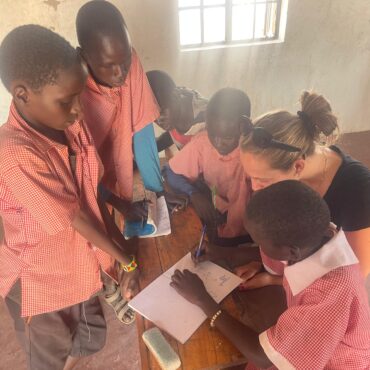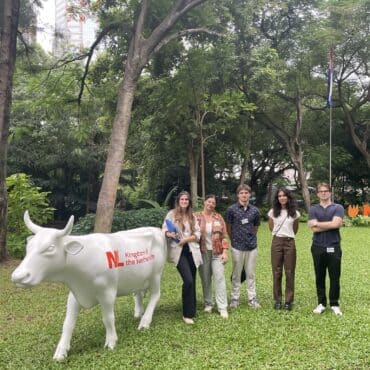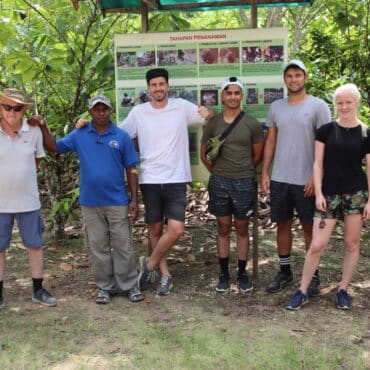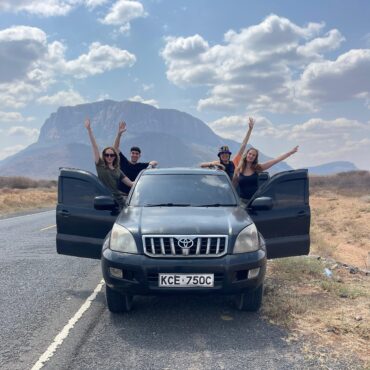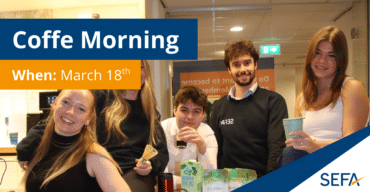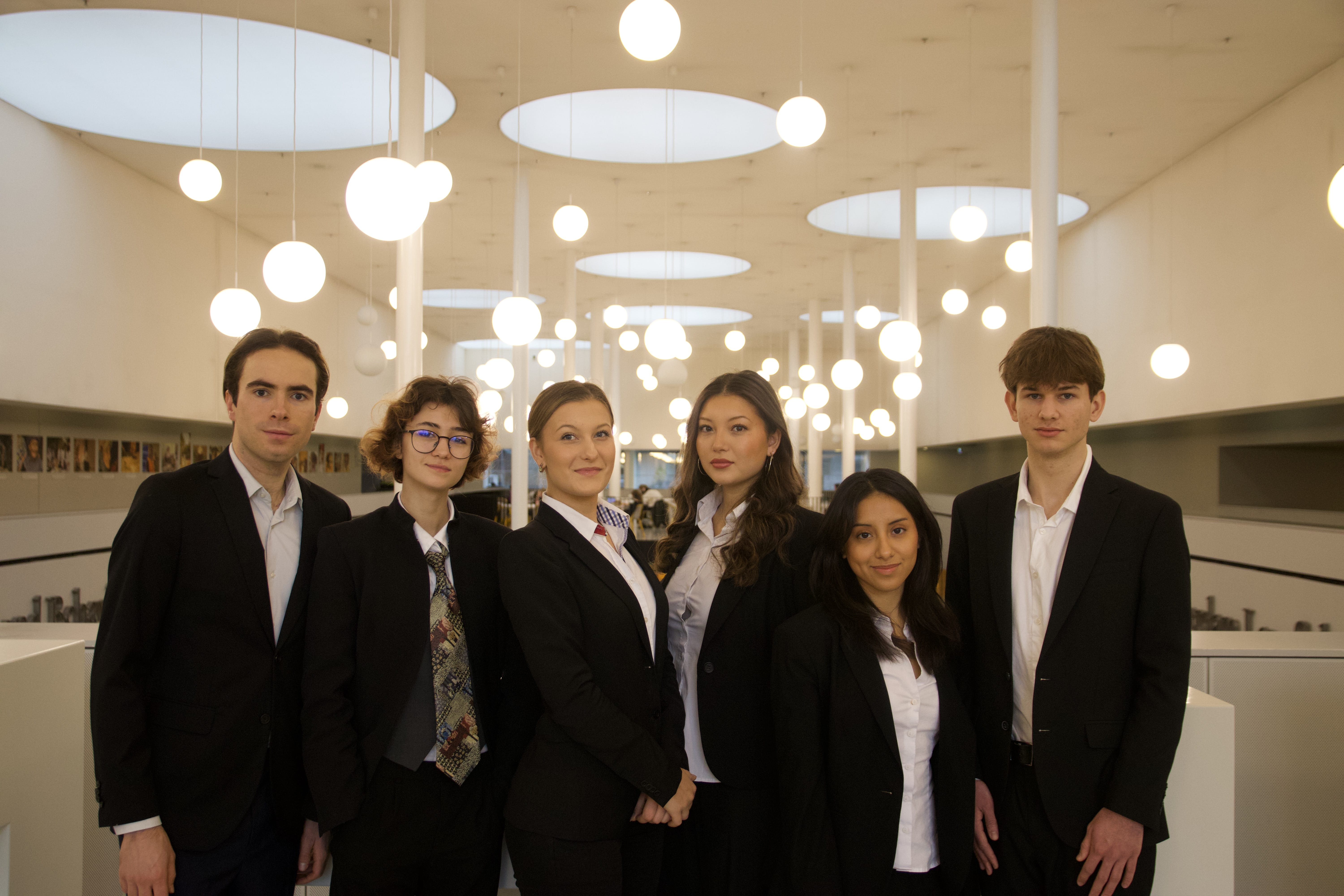
International Development Project
The mission of the International Development Project is to broaden the horizon of students whilst aiding a developing country with specific social-economic issues. The International Development Project works together with social enterprises to tackle issues influencing communities and the environment in developing countries. The project consists of four phases. First, you will contact several non-profit organizations to find a suitable project. Secondly, you will use your creativity to raise funds in all kinds of ways. Previous years, we organized a lottery, a fundraising dinner and the first IDPubcrawl! Thirdly, desk research will be carried out in the Netherlands in the form of expert talks, interviews with professors, and a literature review. Lastly, the International Development Project team will travel to the country in question to continue the research. A project-specific consultancy report will be completed after returning to the Netherlands.
Last year, the committee worked together with Watoto Samburu Foundation and conducted a field research in the Watoto Samburu region in Kenya. They are currently working on finalising the report that they will submit to the stakeholders soon. The new committee, International Development Project 2026, will start working on their own project in November.
International Development Project 2022 Sawinggrai, Papua Barat
Following several successful cooperations in the past few years, in 2022 International Development Project was collaborating with Stichting Duurzame Samenleving Papua Barat (SDSP) for sustainable forest management. Deforestation in West Papua not only threatens a million hectares of rainforests but also the local population. Our joint mission is to make sure that locals can live off and benefit economically from the rainforests with the help of ‘food forests’. Planting a great variety of seeds yields various fruits and vegetables, both for own consumption and sale throughout the entire year. IDP conducts research on an existing food forest in Sawinggrai, Raja Ampat, West Papua province to support the livelihood of locals and the preservation of rainforests.
What can I learn as a committee member?
By participating in the International Development Project you create a very challenging environment. Depending on your position you are going to guide your team, acquire and negotiate with partners and companies, keep track of all the information flows or create and retain the budget for the International Development Project. You will develop your persuasive and organizational skills, learn how to deal with deadlines and how to act within a professional business environment.
Testimonial
Batuhan Kalyoncu – Chairman International Development Project 2017 in Papua Barat
“Most people dream of doing something good for the society, some contribute every day or on their weekends and some even use their sabbatical for that. The International Development Project (IDP) gives your the unique opportunity to use your time wisely, at a point of your life at which lack of time and pursuing a career aren’t obstacles standing in your way to let the dream become reality. The IDP gives you the opportunity to experience a whole lifecycle of a project, from partnering with an NGO to work together on challenging problems in a developing country, to raising the necessary funds and doing hands-on research which you will finalize in an extensive report. Being the chairman of this committee didn’t only advance my project management, problem-solving and organizational abilities, which are highly important skills when you start your career, but more importantly, it broadened my horizon and taught me about the way of living and thinking in other parts of the world. To make this project a success story you need to work really hard and rely on your team members, however, the hard work is absolutely worthwhile. Looking back on this once in a lifetime experience, I am fortunate to keep great memories in my mind and amazing people in my heart.”
This project would not have been possible without the generous financial sponsorship of the Amsterdams Universiteitsfonds (AUF). We extend our deepest appreciation to the AUF for their crucial support, which has been instrumental in making this project a reality. Their participation has greatly facilitated our work, and we are profoundly grateful for their contribution.
